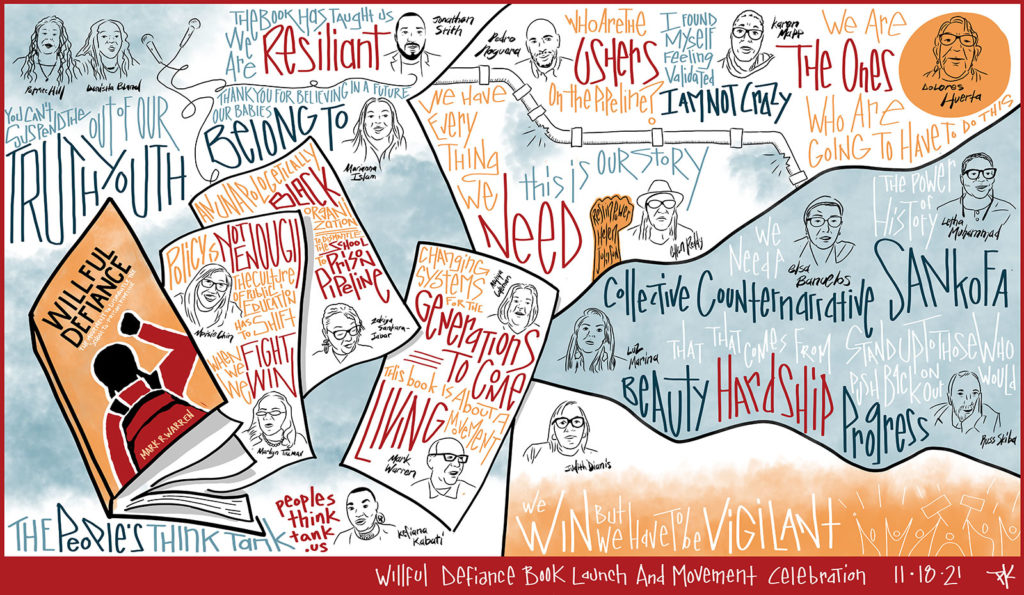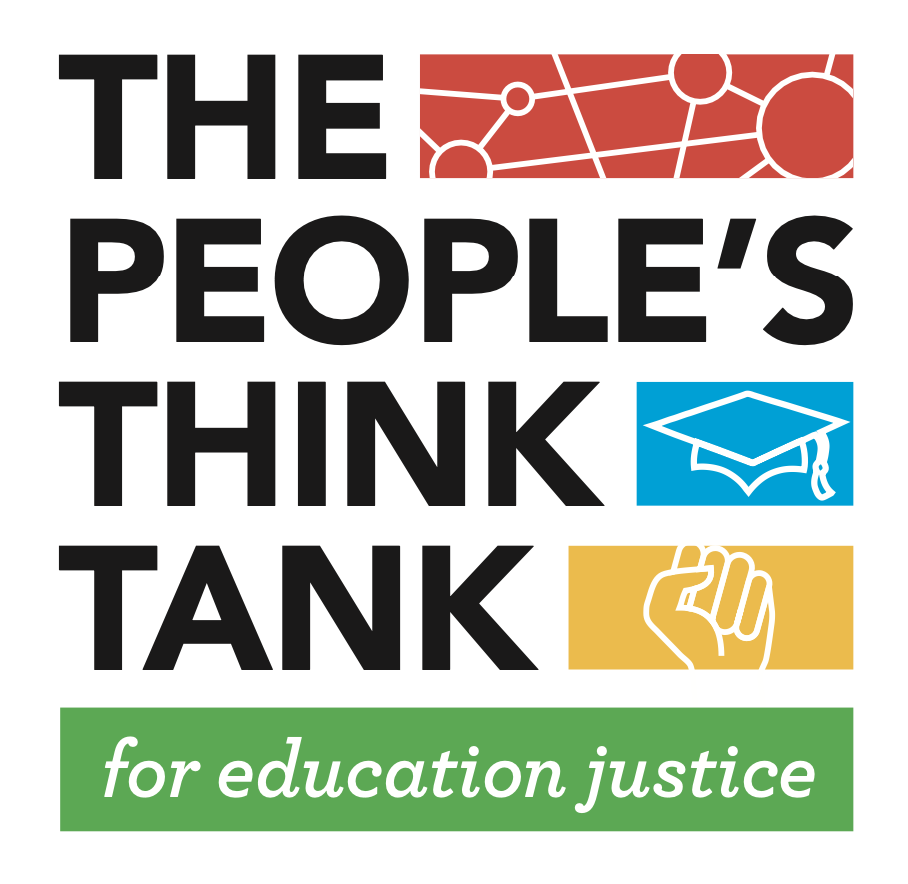A key weakness in the educational justice movement is the siloed nature of organizing efforts, with groups either (a) working on single issues or (b) working with one community in isolation from others (Warren, 2014). Yet there are emerging efforts to foster intersectional organizing in ways that promote solidarity across issue-based movements and communities (Warren et al., 2021). We know little about these efforts.

To build knowledge that can inform scholarly theory and practitioner strategy, we—the research group of a grassroots think tank network composed of forty community organizing groups and national alliances in the education justice movement—are conducting a participatory action research project to learn from community organizers across a diverse set of communities and issue-based movements. Our project also aims to build relationships with these organizers to attempt to create solidarity in real time, learning from those efforts in a form of self-study.
The goals of our ongoing action research are to develop knowledge, strategies, and solidarity in the educational justice movement. The research questions we answer include:
- How do community organizers in the education justice movement understand and practice intersectional organizing?
- What processes and factors promote cross-issue and cross-community solidarity?
- What are the obstacles to intersectional organizing and solidarity-building, and how can they be addressed?
